Desperately seeking difference
How strangers, silence, and small shocks of difference can make you feel surprisingly settled in your own skin.
Last month brimmed with experiences, encounters, environments and conversations that completely reset my GPS. Not in any headline-grabbing way. But in a sort of under-the-hood recalibration that got my optimistic engines all revved up and humming again.
I attribute the emotional tune-up to a good amount of time spent with people whose backgrounds and stories differ significantly from mine.
It started off with an invitation by my phenomenal friend
to attend her Good Life retreats in Provence. Each year she hosts small groups of women from around the world who crave time, space, and the uplifting energy of an agenda built entirely around beauty, awe and enjoyment. Since the beginning, Ajiri has invited me to lead discussions at her retreats, guiding participants to explore how they can carry the spirit of The Good Life back into their everyday lives. How to sustain the energy of the retreat once they return home.All of these women have chosen to uproot their routines—leaving behind children, demanding jobs, aging parents and community responsibilities—to indulge and delight in themselves. I find them, as a group, riveting.
One woman, in particular, reset everyone’s watch. She’d just celebrated her 80th birthday and this trip was a gift to herself. She was the most passionate, the most active, the most excited-to-be-alive women with future plans and projects and workout routines back home with her trainer. She walked faster than us all. And when we spoke about personal ambitions, she lit up, eager to work through the limiting beliefs and patterns that have been crimping her style for years. Watching her, we all sat a little straighter. If she had that much to look forward to at 80, then surely at 40, 50, or 70, we all realized how much more ambitious and daring we could be with our future selves.
So to capture that energy I suggested the women write letters to their future selves, dated one year from now. I asked them to describe their lives in vivid detail—what their home feels like, what their routines look like, what they’re working on, celebrating, savoring. It’s a powerful way of turning longing into direction, of helping the brain begin to engineer what the heart most desires. (If you’d like my letter writing prompts, DM your email & I’ll send you my PDF version of the exercise.)
After a brief return to normal life, I was back in the car heading south again, this time to the Pyrénées, where the fall colors were in full kaleidoscope mode. My family and I spent a week in my mother-in-law’s tiny village, playing in leaf piles and gawking at a troupe of sheep that visited us overnight on their annual grazing tour. We fell in love with one rare, speckled member of the herd and named it Tiramisu.
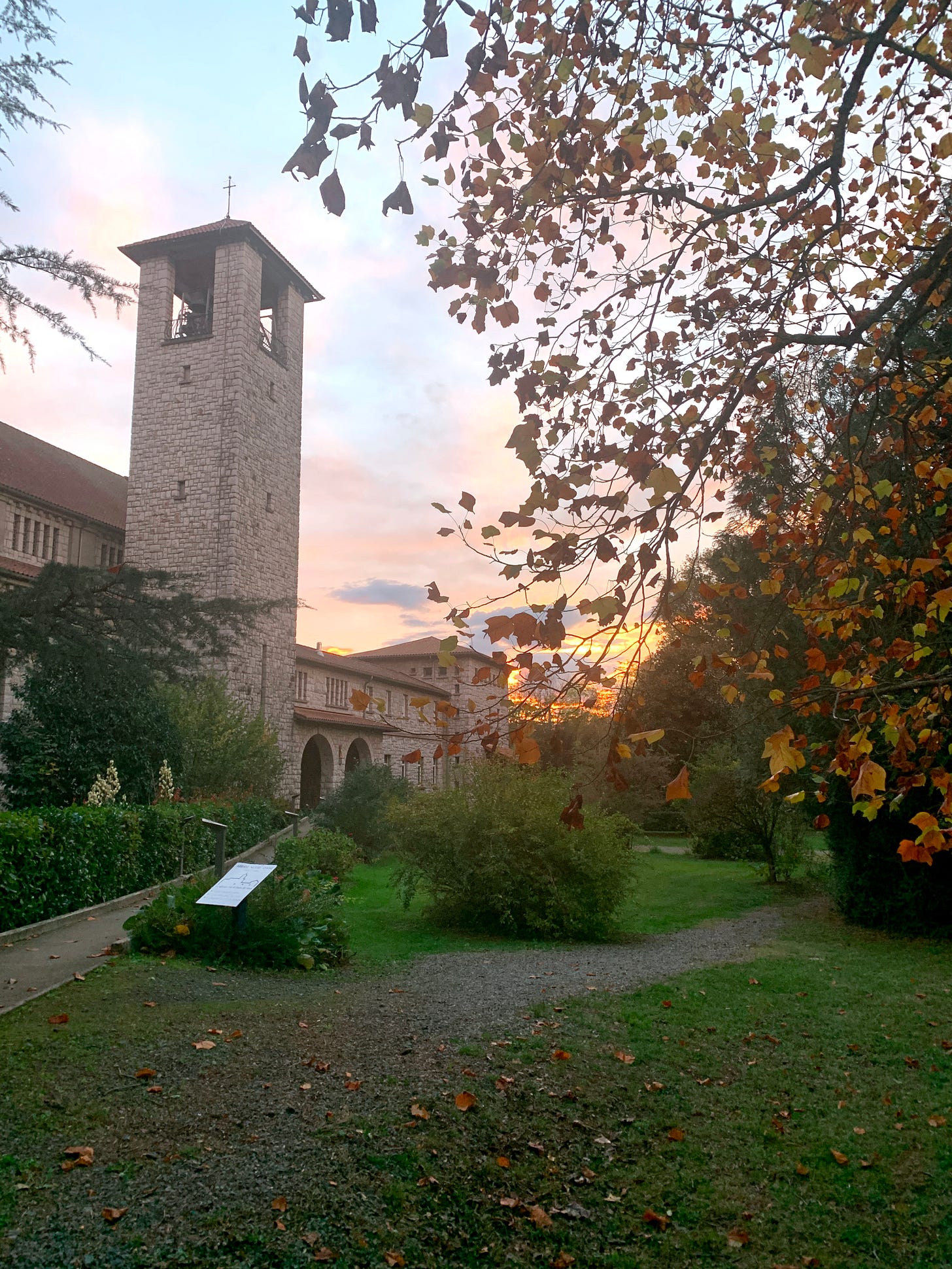
After that week, I drove to Tournay with my friend Rachel for a retreat of our own making. The only criteria: no cooking, no cleaning, no social agenda, no expectations, and no hefty price tag. Rachel found a site called Ritrit, an Airbnb-style platform for Europe’s little-known network of monasteries and abbeys. I was skeptical… until I stumbled on the perfect place: Abbaye Notre Dame de Tournay.
To book, you have to write a kind of letter of intent. I explained that we were two busy moms and solopreneurs looking for a peaceful, spiritually-rich setting to rest and reflect. Our pitch worked. Brother Bernardo welcomed us warmly, though he forgot to mention that all meals were eaten in silence!
So, on our first night, when a bowl of brown soup was placed silently in front of us and a monk began reading scripture through a 1970s-era loudspeaker, Rachel just couldn’t take it. She started nervous laughing, her body quaking while she covered her face with her napkin, trying to keep it under wraps.
My instinct was to apologize, explain, somehow smooth over the awkwardness. But instead, I stayed quiet. Stared at my plate. At my fingers. Out the window into the courtyard. Eventually, I realized that it wasn’t my job to fix the discomfort. No one was expecting me to say or do anything.
After that first perplexing meal, we did some online sleuthing and found out the silence wasn’t a glitch in the design, but an intentional feature. The Benedictine monks eat in silent reflection, which is what we’d get into the habit of doing for the next five days. Social banter, and the instinctive urge to connect and share through conversation, was forcible removed from our plate. One less thing to worry about on our so-called retreat. And to be honest with you, it was kind of a revelation. When you’re not speaking and listening and carrying a conversation along, you suddenly have a kind of laser-sharp presence and awareness. A curiosity about who did the planning and cooking and how they come up with this specific arrangement. There’s also much more room for self-reflection. And an unexpected calm in the quiet predictability of the meal’s choreography and timing.
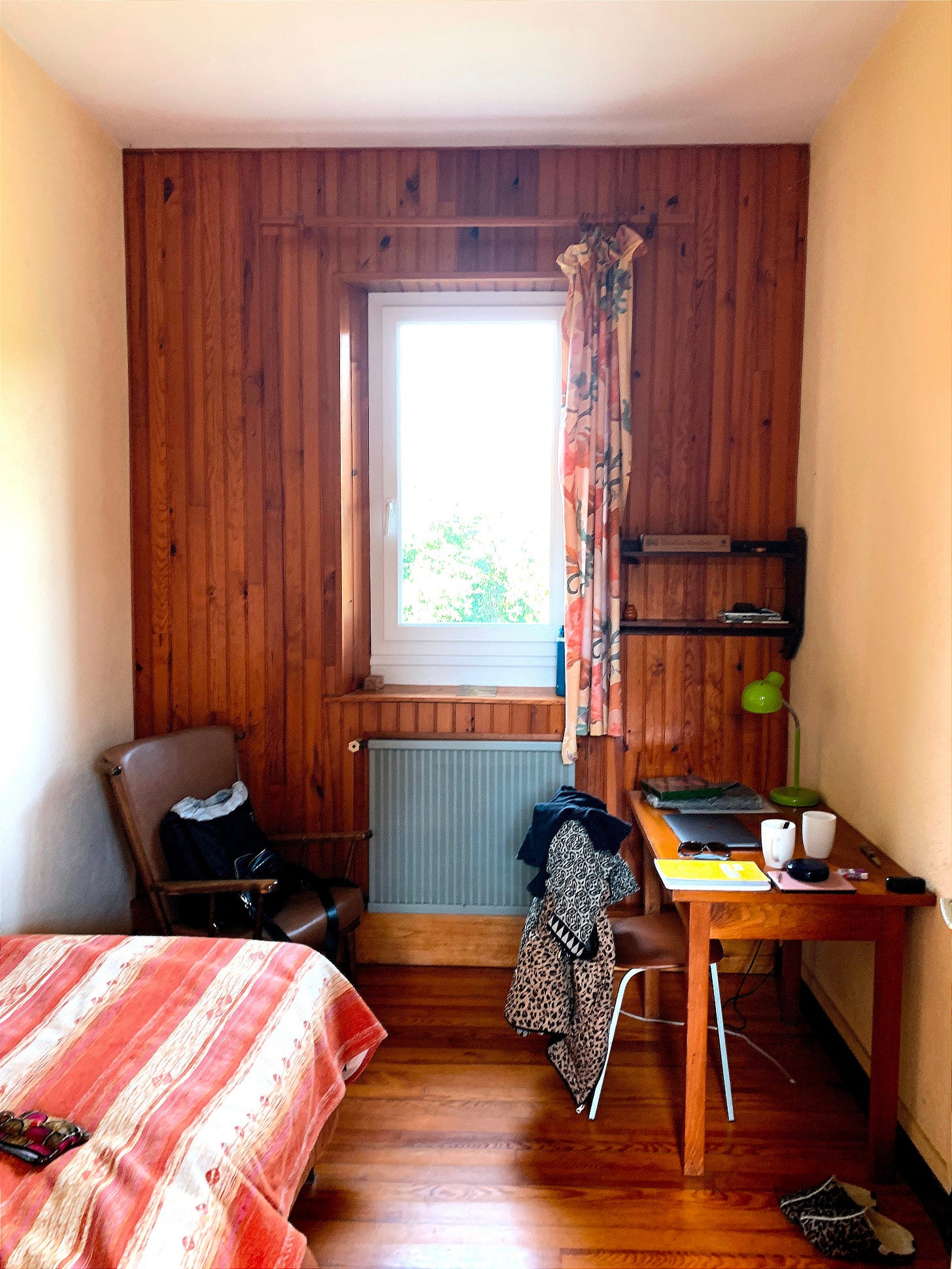
That said, one of the highlights of the trip was meeting Bernadette, an 86 year old Irish nun who was passing through the abbey on her way back to her convent in Béziers. Over breakfast (the only meal where talking was allowed), she told us how she’d left Ireland at nineteen to join a convent in southern France. Her mother had worried she might be silenced, so they created a secret code in their letters. Bernadette would slip in the word anyhow to signal she was truly happy. The more anyhows, the better.
“Anyhow, the gardens are beautiful this time of year.”
“Anyhow, I quite like the sisters.”
The code still made her laugh decades later.
Since we didn’t have to plan anything, especially not our meals or what we’d say during them, Rachel and I suddenly had a huge amount of bonus time and mental energy to do whatever. There was a lot of napping (on my part), reading, and post-dinner movie watching, but we spent most of our free time roaming the countryside. Each day we went on two jumbo walk-and-talks: one in the morning before lunch, and one in the afternoon around 3pm, in the lead-up to dinner.
We set a loose conversational agenda. At the start of our retreat, we made a list of subjects we each wanted to explore and our walks became our playgrounds to follow our thread of thoughts. We covered a shocking amount of ground, both literally and figuratively, and I came home feeling more awake, aware and informed about myself in this exact moment of life than I have in years.
If this month of unusual meet ups and expansive conversations in out-of-the-ordinary locations taught me anything, it’s the value of getting out of your routine, shaking up your habits, putting yourself in completely new situations and meeting more people who are very different than you. Not only does it give you fresh perspective on your own choices, it humbles you to see how there is no one way of doing things.
When was the last time you did something new for the first time? Got out of your routine? Had breakfast with a nun? Ate in silence? Wrote a letter to your future self?And what small disruption could you invite into your life this month to shake up your perspective?
Sending you so much love,
Zeva
P.S. Maybe it’s time for your own “silent-meal moment” to pause, reset, get a new perspective. I’m a certified coach who’s been there through big pivots, creative blocks and midlife questions. I can help you turn all of that uncertainty into clarity and movement. Book a discovery call and let’s see what wants to shift.


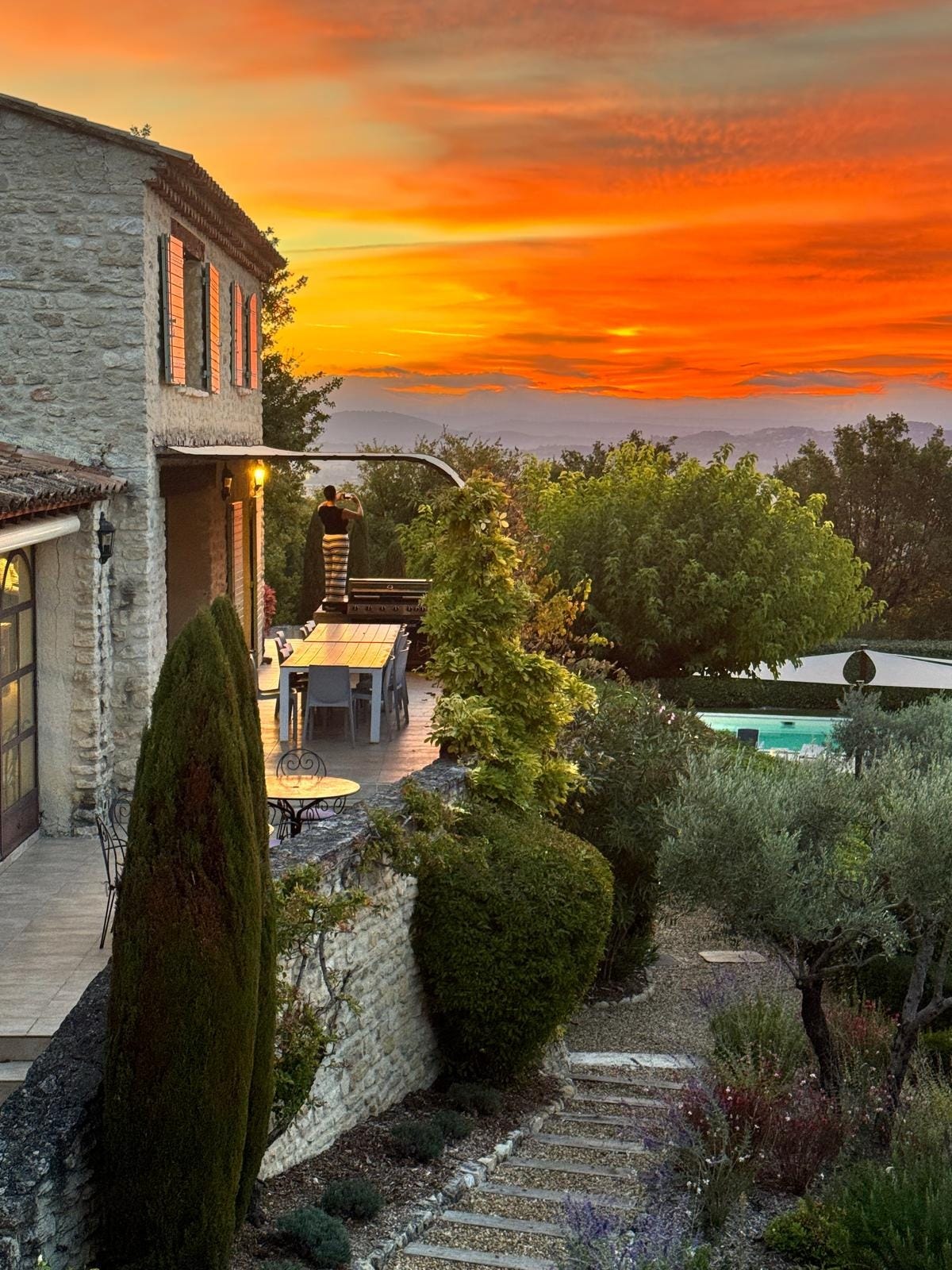
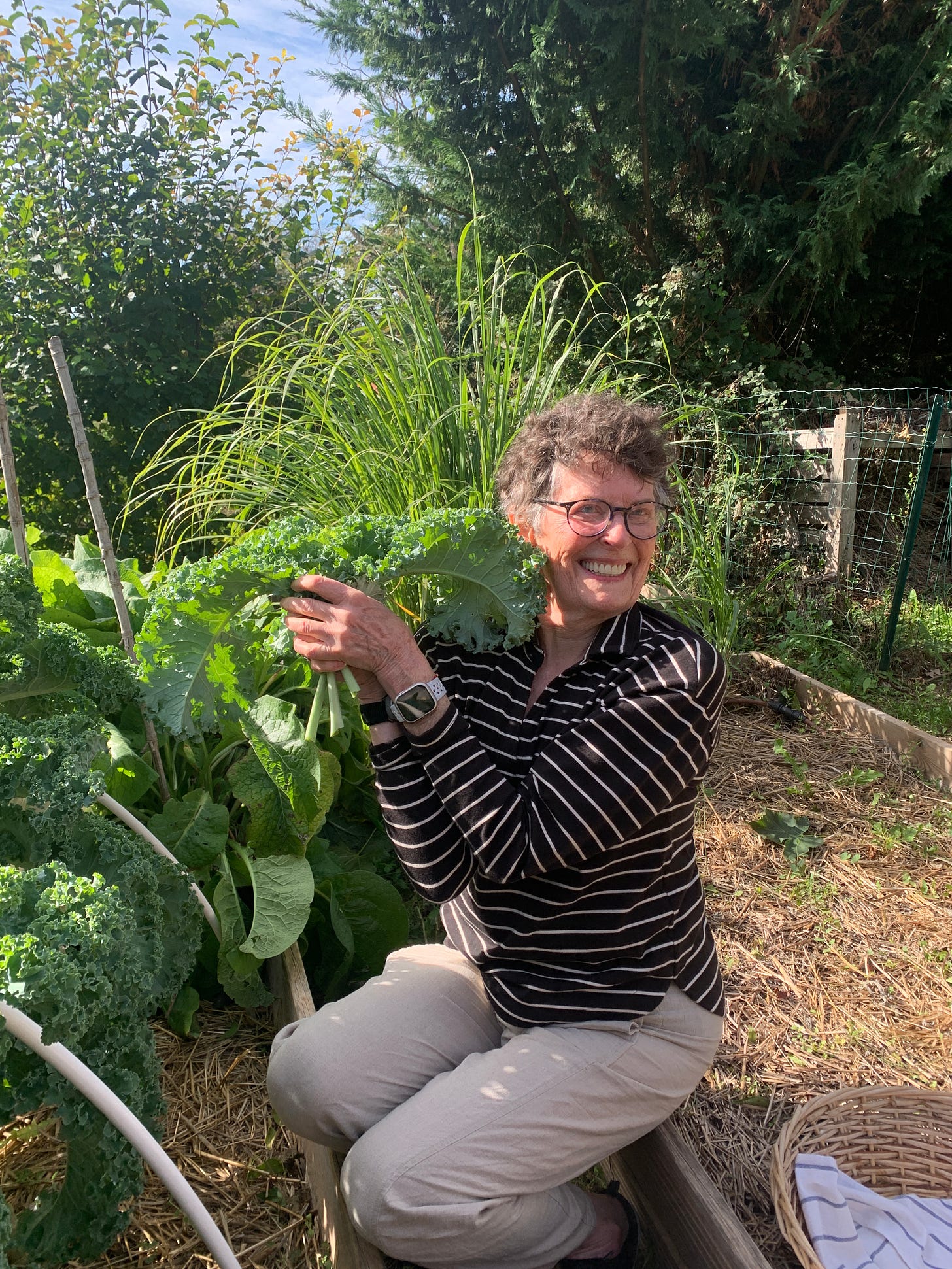
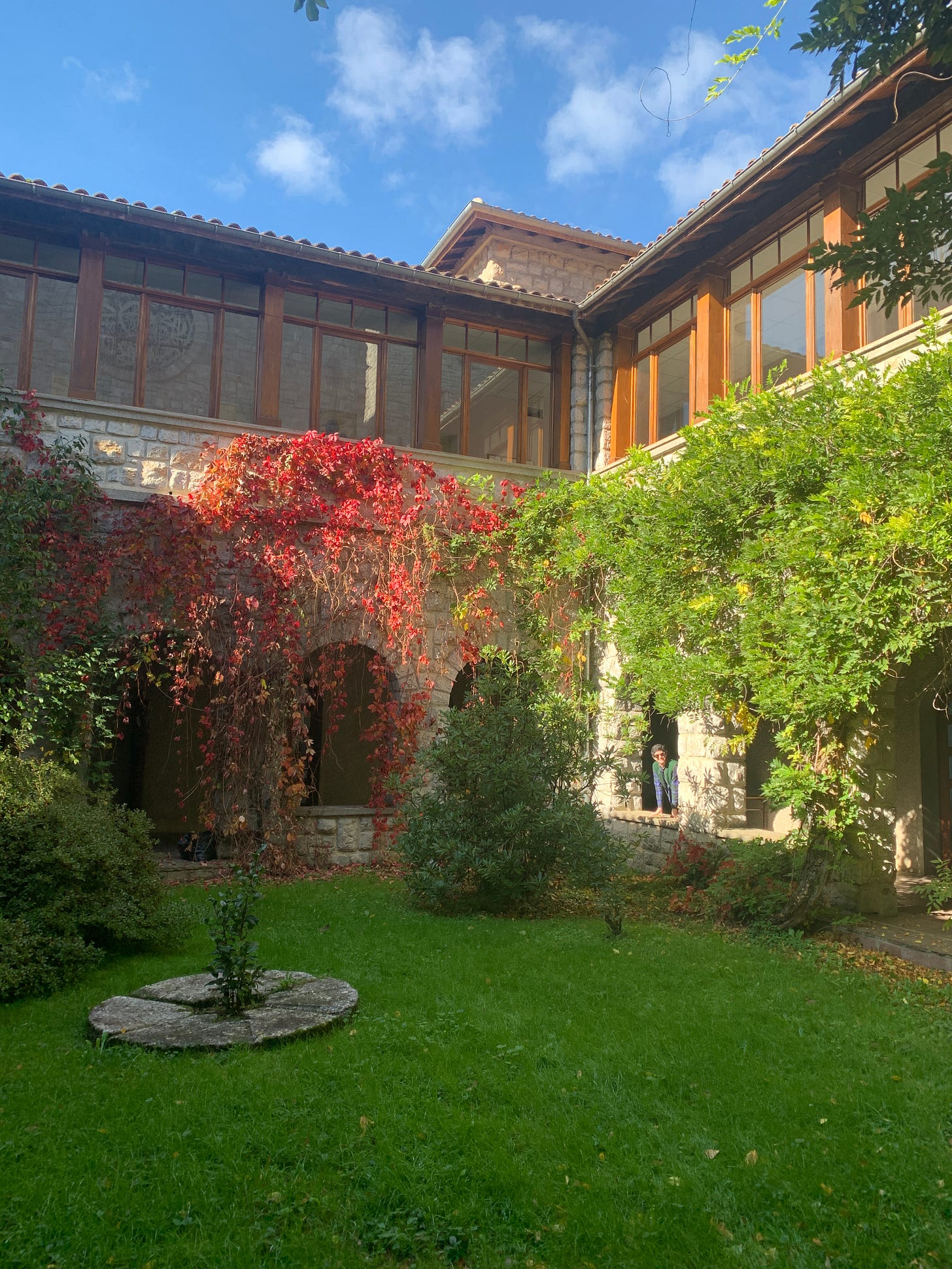
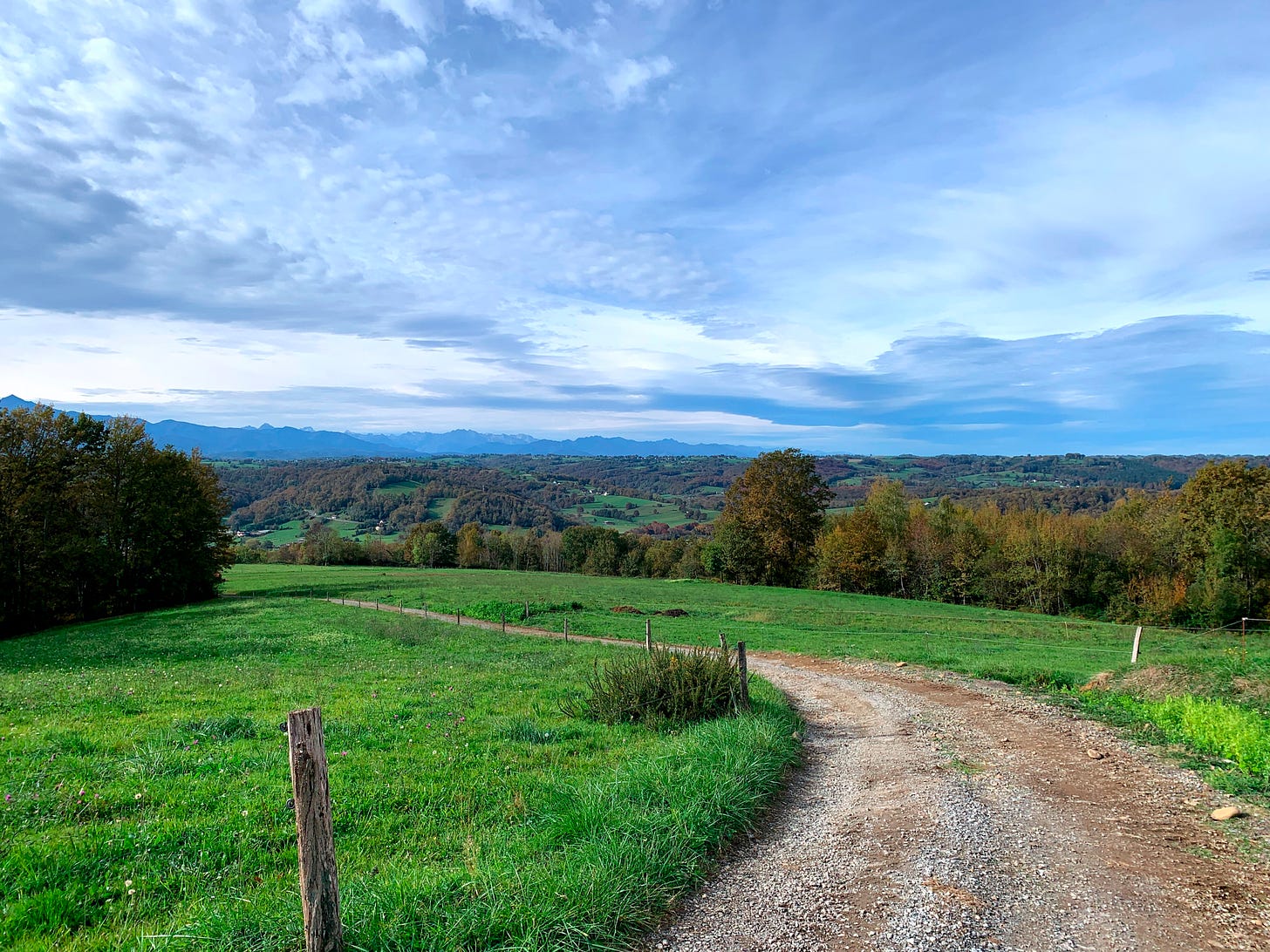
I think I would love to try a silent retreat now! What a way to give space to my own thoughts and to just not fill silence with noise all the time. Thanks for the inspo!
This was so good I had to read it twice friend.
From Tiramisu 🐑 to silent dinners I felt like I was watching a series. Then the tears came. The personal moments of pause within ourselves when we realize we don’t need to or have to fix the it. Whatever the it may be… let it be.
Whew. 💚💙